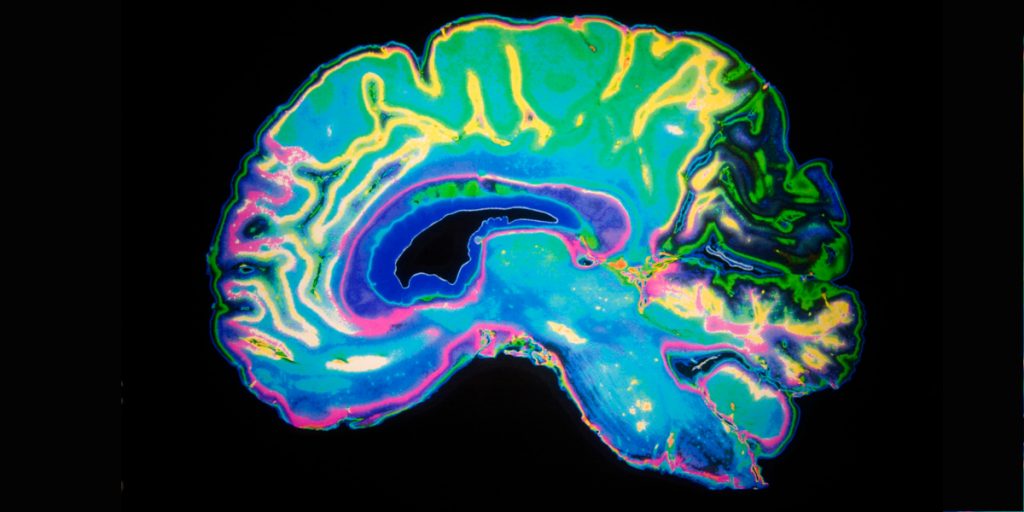Existing iPS Cell Trials
This newest iPS cell trial represents only the third iPS cell trial to be undertaken worldwide. The other existing iPS cell trials are being conducted by the RIKEN Center for Developmental Biology (CDC) and Cynata Therapeutics (ASX:CYP), respectively.
RIKEN
Led by Dr. Masayo Takahashi, RIKEN has an iPS cell trial underway that is investigating the safety of allogeneic iPSC-derived cell sheets in patients with wet-type age-related macular degeneration. This iPS cell trial was initiated in 2013 and the production of iPSCs from patients began the same year. In August 2014, the first patient was implanted with iSP cell derived retinal tissue generated from her skin cells. That early version of the RIKEN trial utilized autologous iPS cell-derived tissue. However, that changed when the trial was resumed in June 2016 following a brief pause caused by safety concerns.
Cynata Therapeutics
In another landmark event, Cynata Therapeutics received approval in September 2016 to launch a clinical trial in the UK with the world’s first first formal clinical trial of an allogeneic iPSC-derived cell product, called CYP-001. CYP-001 is an iPSC-derived mesenchymal stem cell product (MSC). Participants in Cynata’s Phase I trial are adults who underwent an allogeneic haematopoietic stem cell transplant (HSCT) and were diagnosed with graft-versus-host disease (GvHD). The study involves centers in both the UK and Australia.
Kyoto University
For this newest Parkinson’s disease trial being undertaken by Kyoto University, iPS cells will be used to creates dopaminergic progenitors to be transplanted into human patients. According to university’s press announcement, the objective of the trial will be to “evaluate the safety and efficacy of transplanting human iPS cell-derived dopaminergic progenitors” into the brains of seven Parkinson’s disease patients.
iPS Cell Trial for Parkinson’s Disease
Kyoto University’s iPS cell clinical trial for Parkinson’s disease was submitted to the Pharmaceutical and Medical Devices Agency (PMDA) on June 4, 2018, and is scheduled to begin on August 1.
Patients interested to participate in the trial must meet three criteria:
- Live in Japan
- Have Japanese public health insurance
- Understand the Japanese informed consent form
Parkinson’s Disease Treatment
An effective Parkinson’s disease treatment would need to restore dopamine-producing (“dopaminergic”) neurons to a healthy, pre-diseased state.
According to Kyoto University, this trial will use third-party donor blood cells to create allogeneic iPS cells. These iPS cells will then be differentiated into dopaminergic progenitors and transplanted into the brains of patients with Parkinson’s disease. The goal would be to improve the function of the patients’ dopamine-producing neurons.
Because the iPS cells will be allogeneic, patients could potentially reject the transplanted cells. To minimize this risk, the iPS cells to be used within the trial will be “generated from healthy donors with specific cell types (HLA homozygosity) that are less likely to cause immune rejection in many people and are stockpiled at CiRA following thorough quality check.”
For safety reasons, the clinical trial patients will also receive tacrolimus (immunosuppressant) and be observed for two years after the procedure. The clinical trial will be led by Professor Jun Takahashi, a neurosurgeon at Kyoto University’s Center for iPS Cell Research and Application (CiRA).
To learn more, view Profession Jun Takahashi’s overview of the clinical trial strategy below:
Do you have questions about this iPS cell trial for Parkinson’s disease? Ask them in the comments below.
